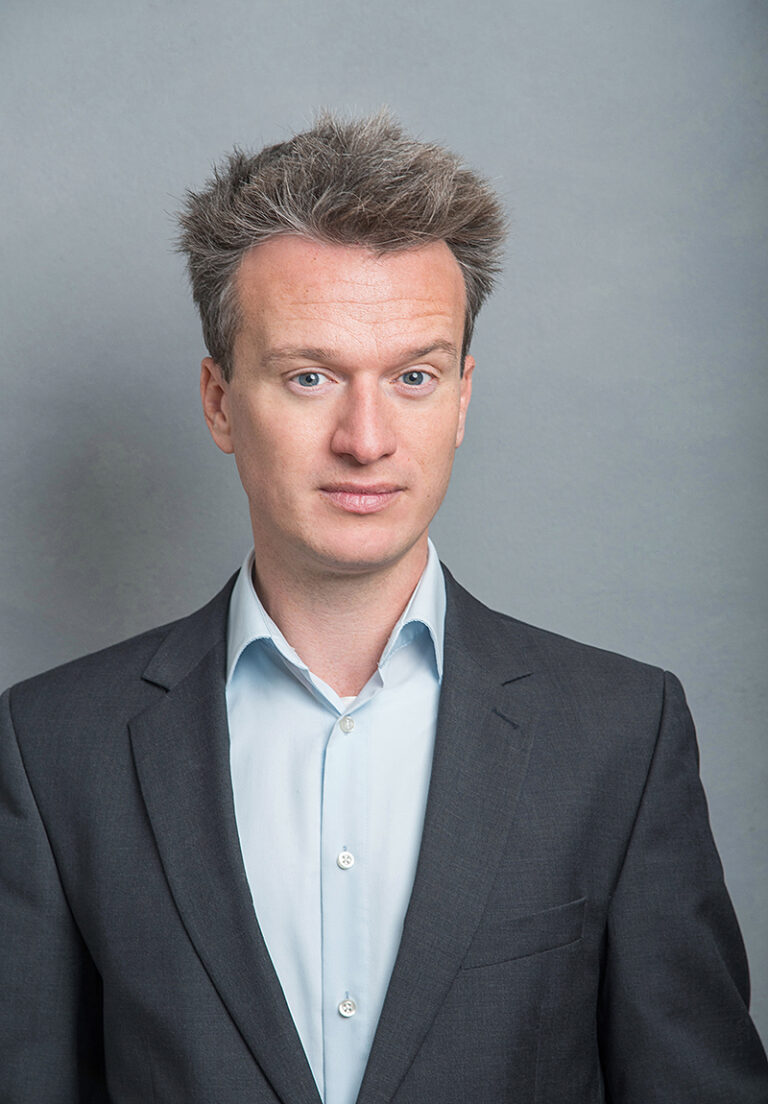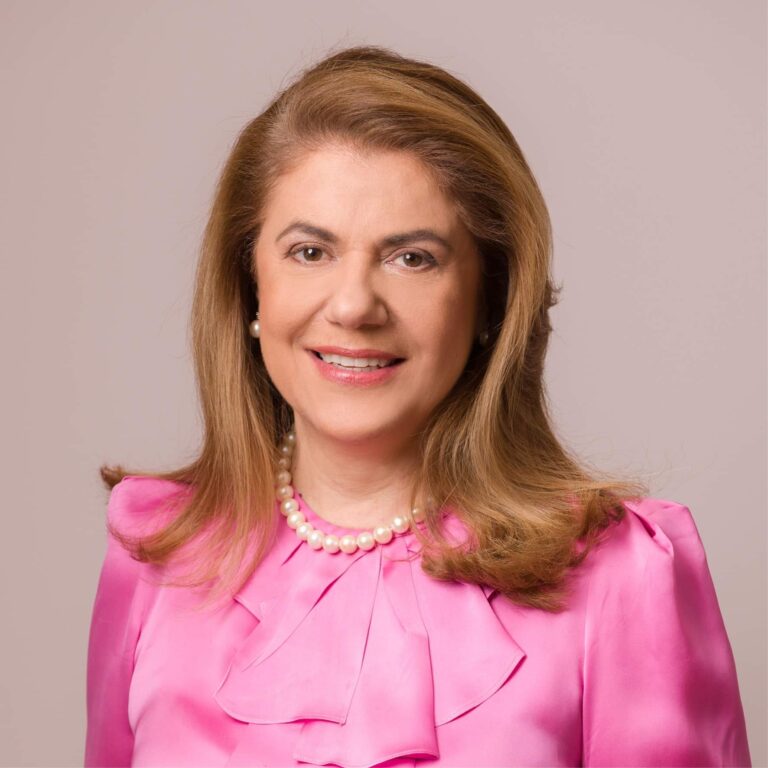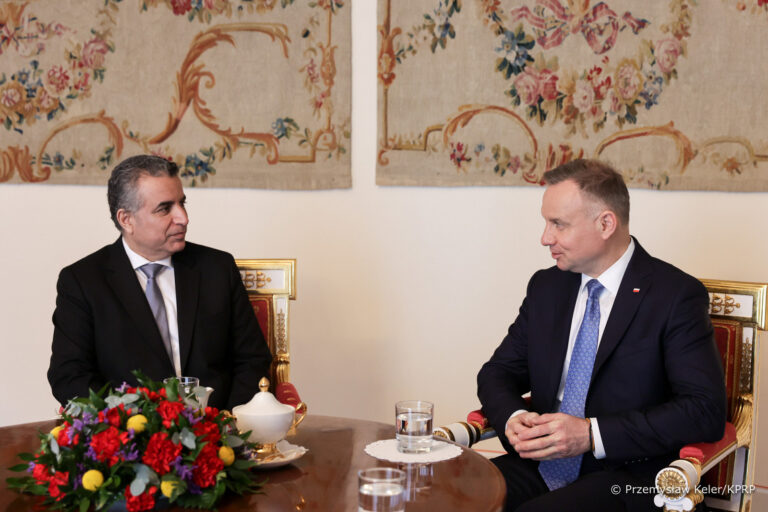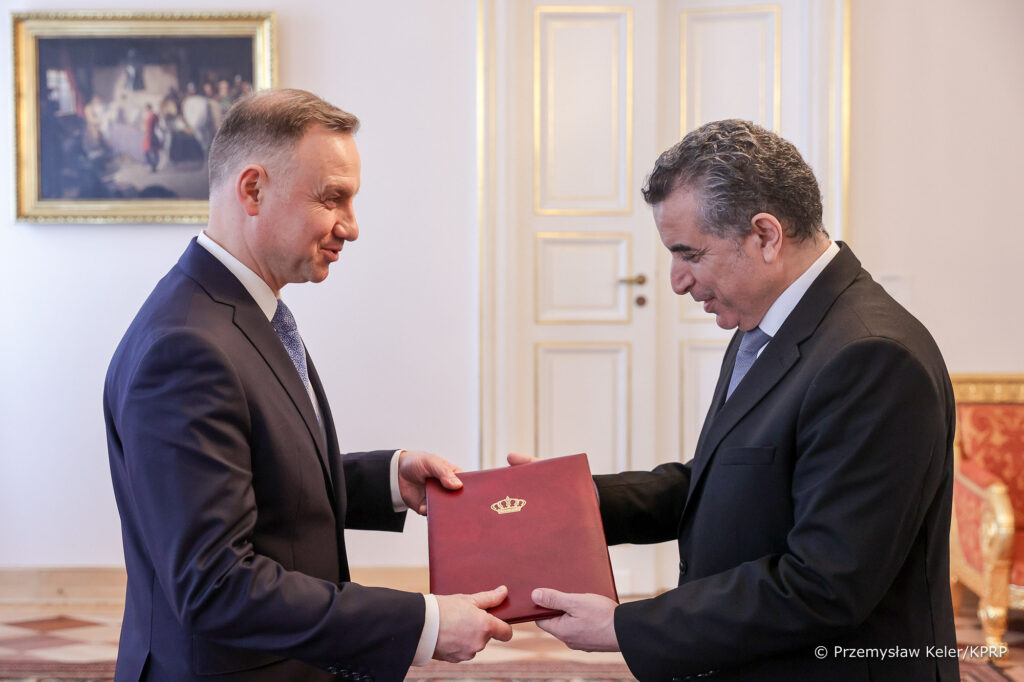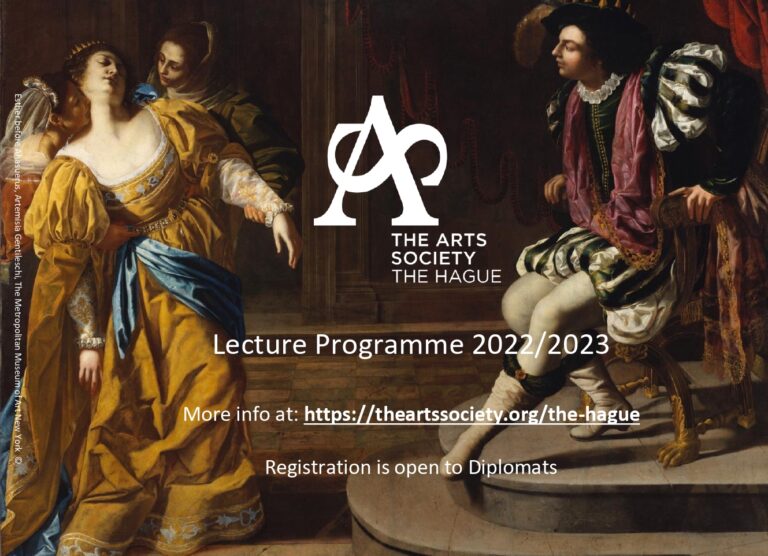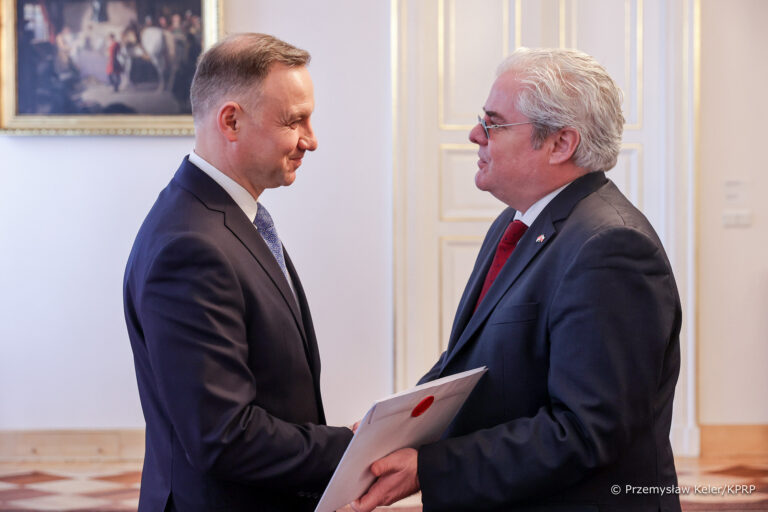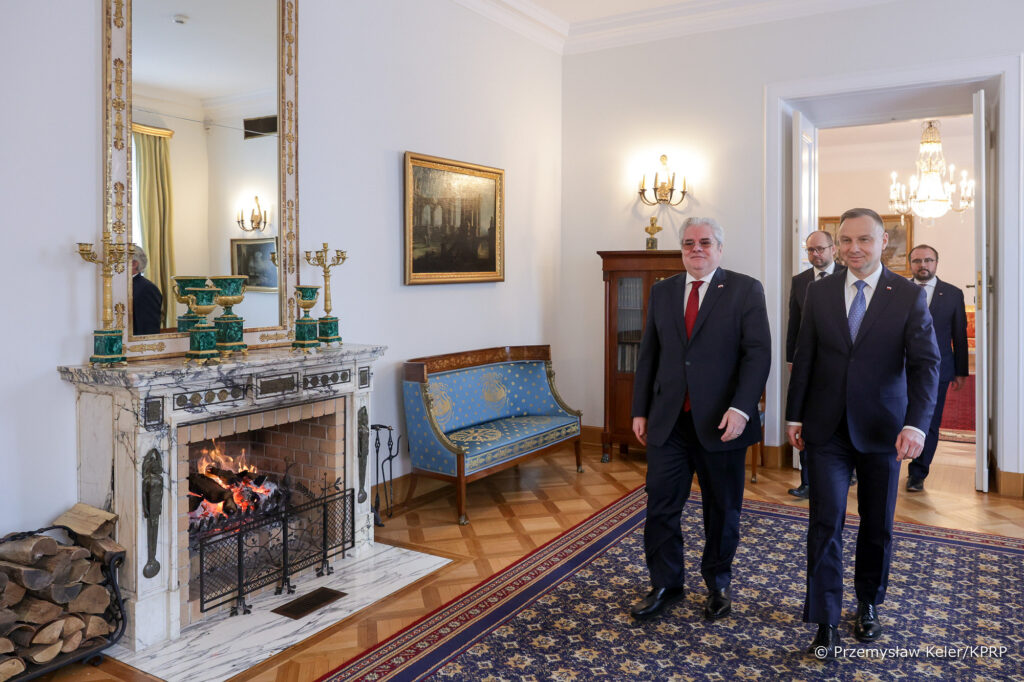If we look back 2500 years, we can see that the Romans were the inventors of alternative conflict resolution. In fact, basic mediation principles were used in ancient Asia, China, Africa and The Roman Empire, way before the emergence of legal norms and the establishment of state organizations.
Based on my own experience, conflicts, whether in or between organizations, can be normalized or even solved through mediation. The key is to reinstate communication to understand each other’s common interests, rather than clinging to opinions and personal viewpoints. But how is mediation possible between international organizations and embassies, or between states and/or even heads of states?
Definition
A certified mediator in the Netherlands must follow strict rules and a code of conduct. A mediator supervises a process that is used to resolve conflicts between parties. The decisions are made by the parties, not the mediator, unlike the usual judicial or arbitration proceedings. Mediation is conducted independently and impartially; each opinion is considered, and the parties think through proposed solutions. Besides coming to an agreement after considering past conflicts, the parties will especially consider how a solution impacts their future relationship.
History
When lands were in turmoil centuries ago, restoring peace amongst civilians was ‘a thing’. In Asia, cooperation and consensus have been seen as the highest form of wisdom of the Confucian Philosophy, creating harmony for thousands of years. In China, mediation was embedded in large segments of the judiciary, solving social, family and business conflicts. African tribes knew how to settle disputes without the assistance of a Court, knowing the norms and code that could create conflicts when violated.
In the US, the first mediation centers were established by immigrants. It was at the end of the 19th century that Americans became aware of this form of Alternative Dispute Resolution (ADR). Congress created this legal structure so that mediation could be used in labor disputes. Here in Europe, mediation between spouses was being used, even before the French Revolution!
UN Charter
Issues between States can lean on Article 33 of the UN Charter: “The parties to any dispute, the continuance of which is likely to endanger the maintenance of international peace and security, shall, first of all, seek a solution by negotiation, enquiry, mediation, conciliation, arbitration, judicial settlement, resort to regional agencies or arrangements, or other peaceful means of their own choice“.
That one word, mediation, is listed as one of the peaceful alternatives to maintain international peace and security. How it works in practice is worth exploring. There are several situations to use international mediation to resolve disputes between States and private companies; companies need to be ’”Dispute Wise”’. First, mediation can be used to resolve disputes arising in the context of international trade or payment issues. Secondly, it could be used for Intellectual Property disputes. Thirdly, mediation may provide a solution to divergent interpretations of contracts.
Dispute Wise
Using mediation to resolve the above disputes can lead to a mutually acceptable result, while avoiding the need for costly and time-consuming litigation; it can also offer a durable, long-term sting solution. Research conducted by the AAA (American Arbitration Association) shows that “Dispute Wise” organizations have better relationships with clients and improved business relations. It also adds to a higher employee satisfaction rate; handling conflicts is viewed as more than a cost-reduction factor. From a business point of view, it offers advantages throughout the entire organization.
If the parties to the conflict are willing to hear each other’s story and possibly make concessions, it is useful to try mediation. For example, if the conflict involves a payment issue, there may be numerous reasons why someone refuses to pay. A poorly written letter can lead to a misunderstanding. When people dig in, the behaviour of ostracising and shame can be remedied effectively with mediation. Mediation offers an opportunity to stay closer to an organisation’s values. It allows the parties to find solutions in line with those values, in a language that everyone speaks. Conversations are more reserved in a court setting with solutions mandated by the Civil Code and Legal Procedure.
Embed it
As a business advisor on Conflict Management, I simply would knock on the door of the corporate legal officer and ask about the company’s willingness to engage in ADR. One can successfully include this mediation step in the company’s conflict resolution position within its mission statement or in its Terms and Conditions. Remember, not all issues are suitable for mediation. When someone deliberately does something wrong, mediation is not the first choice for resolution.
Question or inquiries to: info@breukhovenmediation.nl
About the author:
Daan Breukhoven, is a certified (inter)national mediator and the owner of Breukhoven Mediation (https://www.breukhovenmediation.nl).


